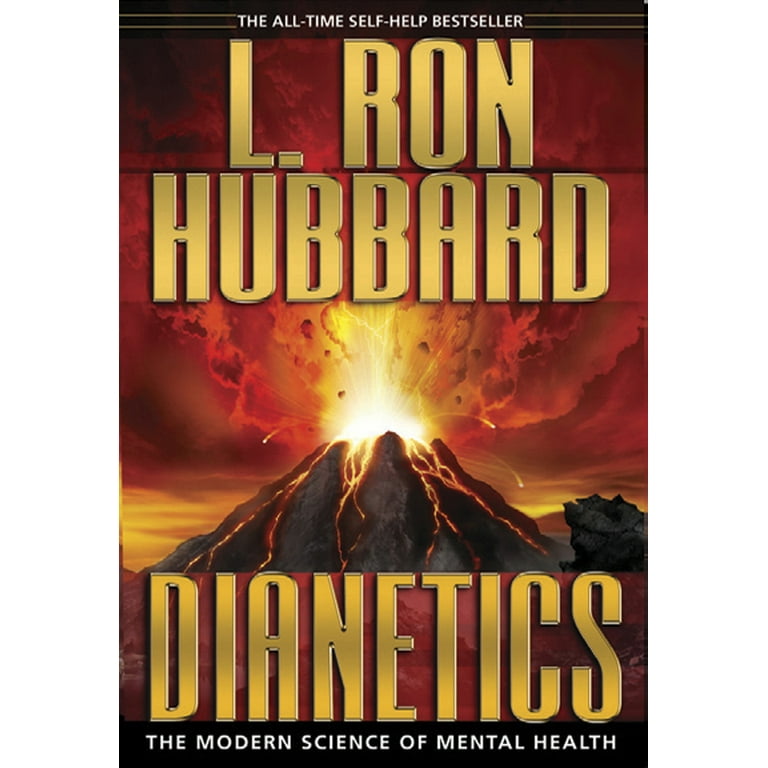3 Easy Facts About Dianetics Described
Table of ContentsGetting The Dianetics To WorkAll about DianeticsThe Of DianeticsExamine This Report about Dianetics
I could not ever before not want to receive anything that enters your mind for you- if it was or else, I wouldn't be resting below with you, doing this. I not just can never have a problem, or otherwise want to listen to something that enters your mind for you, but I'm totally eager to recognize every idea, every idea, every photo or sensation that emerges or materializes for you- do not ever before believe otherwise, and if for some reason you do, please just allow me know! Often, you may have an idea, and photo, idea or event pop up that does not seem to answer the inquiry, or relate to it, yet nonetheless, always do tell me about it, and as we proceed, the relevance will certainly emerge for you.This is inherent in the basis of processing, and the topic of this conversation: the fundamental duties of the counselor and the customer: The basic role of the therapist is, in contrast to "conventional training", not to control, which implies to implement and/or inhibit, yet to rather function from the basis of EMPOWERING THE CLIENT.

Little Known Questions About Dianetics.
John Mcmasters revealed this basic fact splendidly well in among his lectures on Power handling, in which he discusses just how he was asked what this "unique propensity" was that he had for giving such wonderful sessions; he had to think concerning that for a minute, and spotted that it was what he had not been doing, along with what he was doing: he wasn't reviewing, judging, computer, or actually, generating any kind of thoughts, let alone verbal expressions, after providing the command and while awaiting the computer to finish their answer to their complete satisfaction; he was, just and only, existing with the computer, and entirely interested.
The role of the therapist, showed; that was his "special knack". I have had my very own experience which instructed me this well, very early on in the game. In 1982, having recently completed my training and teaching fellowship on New Age Dianetics, I was running this on a COMPUTER, and there was a factor in the session where (being a little bit wet behind the ears not yet having numerous hours under my belt as a specialist auditor) the PC appeared to be "taking also click over here lengthy" to reveal anything verbally after I provided him a command.
This secret ended up being the most beneficial contribution that John ever before made to the subject of treatment or auditing (Dianetics). In my modest opinion, it is the best contribution that any individual has ever made to these subjectsthe application is completely non-judgemental, non-evaluative, and lacking any kind of idea, guidance or opinion.no preconceived schedule for individuals, or 'levels' that they need to do
In Scientology we prided ourselves on not assessing for sites individuals. All that truly suggested was that the auditor did not VERBALLY evaluate for the PC in session.
What Does Dianetics Do?

Anybody who had ever seen John audit can not aid but notice a distinct quality in his auditing."The client's basic role is to be there with the objective of relocating the direction of their spiritual goals, and to openly and totally reveal and experience whatever manifests for them in responding to the concerns and implementing the directions in the processing.
This is something to process as needed. Also, individuals frequently have previous experience and/or indoctrination in auditing/processing which, in some methods, and to some levels, really deceives them right into mindsets, ideas and habits patterns that avoid the full understanding of these roles, and find more info so they will often tend to hinder the expressing of what comes to mind, as in the instances provided over - Dianetics. * The first, and probably primary examples of mis-indoctrination leading to less than entirely smooth and efficient sessions, can be found in specific aspects of the training routines, or "TR's":"TR's" are often a person's very first, or at the very least early, experience in Scientology, and while I will certainly take place to discuss what I view as the defects in concept and practice, however, have a tendency to be greatly restorative, done as they are provided (Hubbard firmly insists that "TR's are not refining, they are training", but factually, they are both handling AND training)
There is no "failing", and no denial of the truth of this being processing. The focus, as it needs to be, is on experiencing the other person's existence.
What Does Dianetics Do?

Comments on “The smart Trick of Dianetics That Nobody is Discussing”